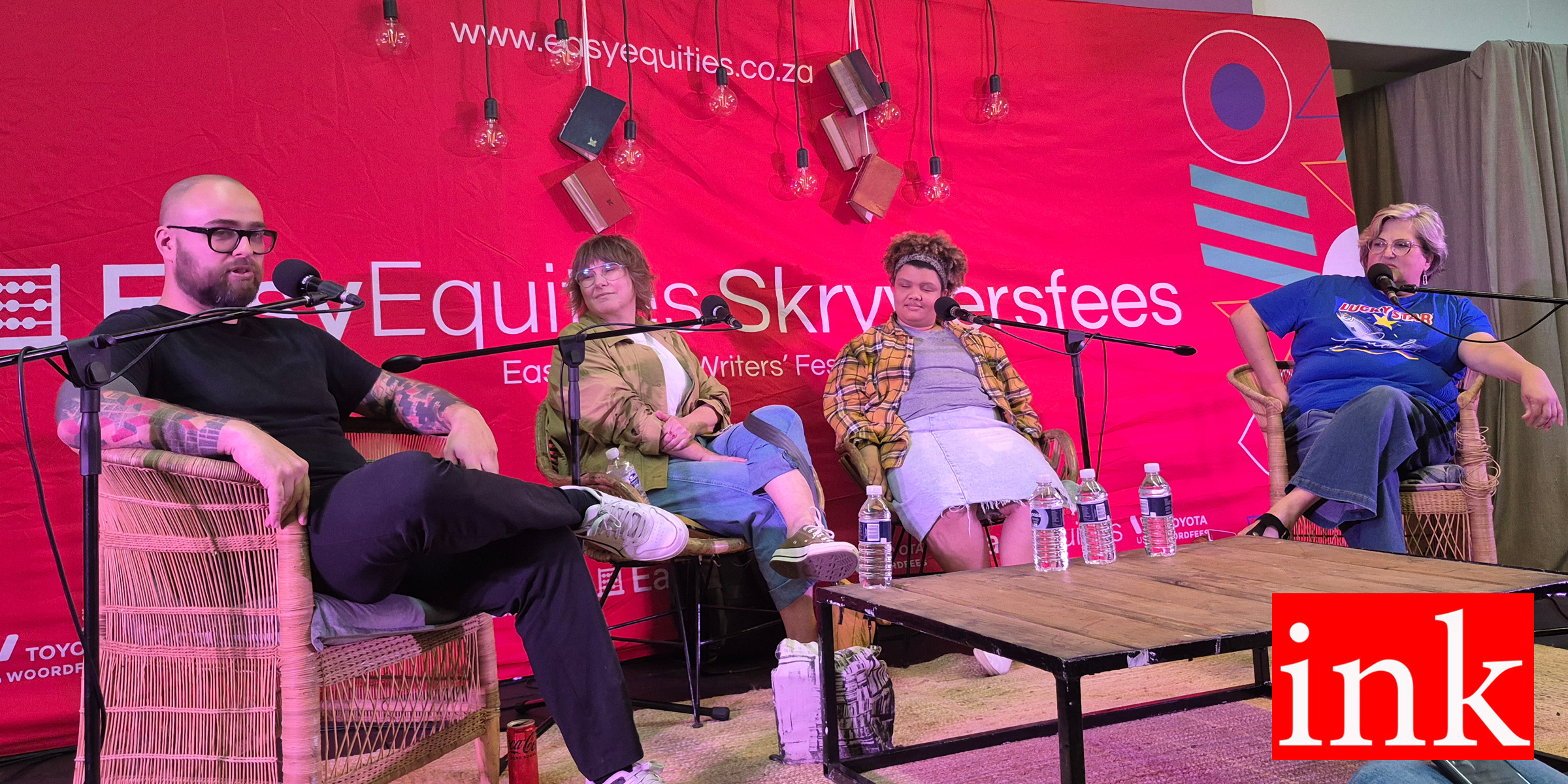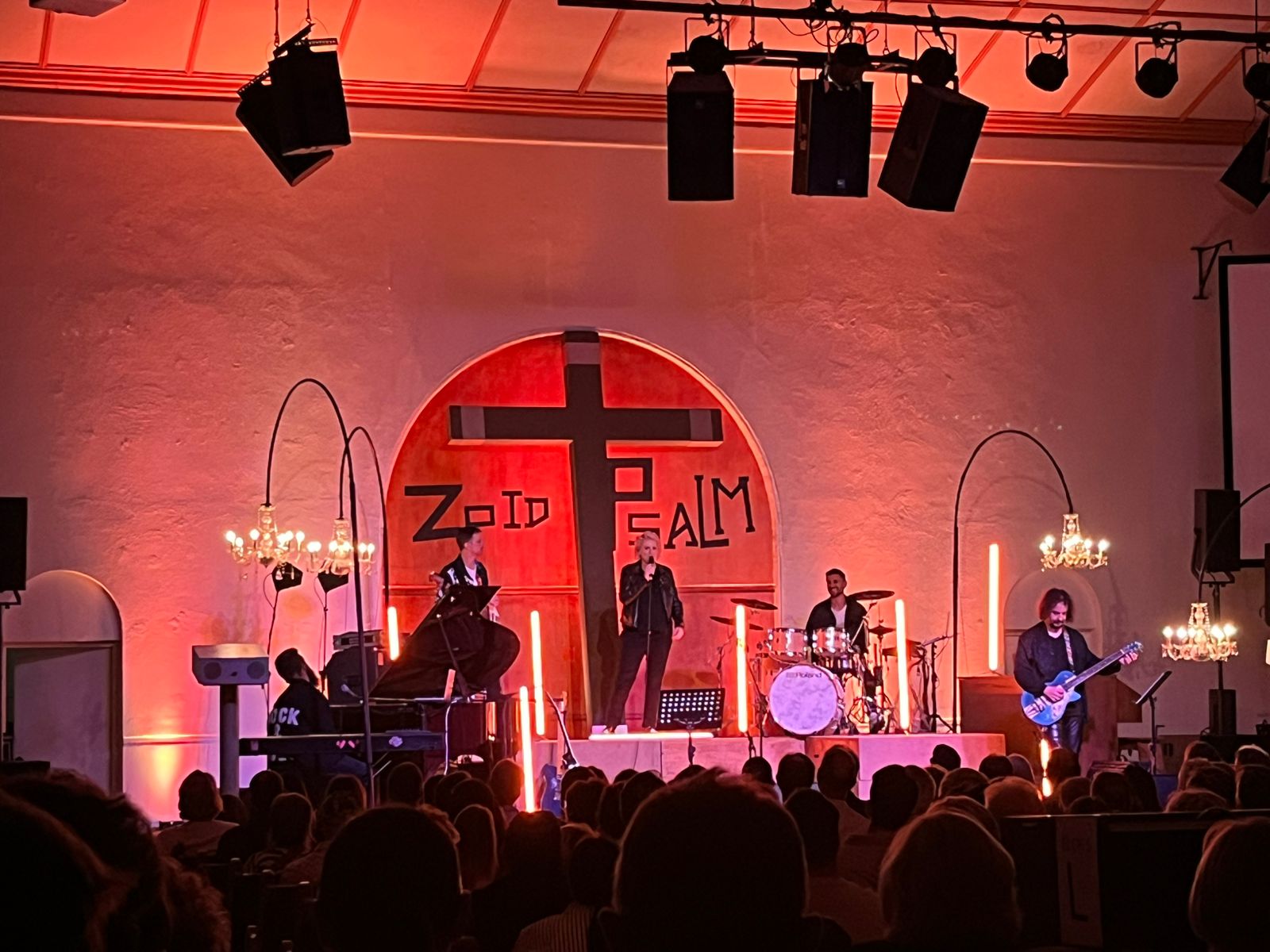LAUREN WESLEY-SMITH & BYRON LATHAM
This month saw the passing of one of South Africa’s most beloved icons: The White Zulu- Johnny Clegg. One need only visit De Lapa on any given night of the week, to witness the welling eyes of students as Clegg’s “Impi” begins to play, in order to understand the country’s reverence for the musician.
Clegg’s life was one truly synonymous with the spirit of the rainbow nation. In his youth, several run-ins with the police were a direct result of Clegg’s resistance to the Apartheid era laws which he defied by consorting with black musicians.
The era’s restrictions did not encumber the young musician as he not only learnt to speak Zulu, but also discovered his love for their culture and music during that time.
Clegg was not only a musician, but also an Anthropologist, his love for African and Zulu culture influencing his studies. Some of his lesser known achievements include a French knighthood, a Most Excellent Order of the British Empire (OBE) and honorary doctorates from different universities. His unique music also led to a Grammy nomination and a Billboard music award.
Throughout his life Clegg toured with two groups, that of JULUKA (“sweat”) – himself and Sipho Mchunu, and SAVUKA (“we have risen”), featuring dancer and singer Dudu “Zulu” Ndlovu. Continuing his tradition of supporting the anti-Apartheid struggle he featured at all 46664 Nelson Mandela Aids Awareness Concerts.
Clegg’s passing came a mere eight days after the world premiere of “There was no way back”, a work honouring Clegg’s life that was composed by Arthur Feder and Dr Antoni Schonken, the resident composition lecturers of Stellenbosch University’s Music Department. The work was commissioned for the Stellenbosch International Chamber Music Festival.
“What struck me during the researching process was that Johnny wasn’t mimicking. He grew up in the culture – he studied it,” Feder said. “He was an anthropologist, so he took this very seriously. He was part of the culture, and the Zulu community welcomed him in their culture.”
“What became very clear was that for him, it wasn’t a gimmick to sell music. This was something he saw, experienced, and witnessed, and it in- terested him on such a deep level that it became his life mission to ‘get into this, know this, and be this’. And in the process, what he ended up with wasn’t Zulu music, South African folk, or pop – it was a weird role of its own, in-between these different things, but it was very clearly him,” added Schonken.
“The big thing was not to try to copy Johnny, or to try film-score his life story. It was obvious from early on that the best thing we could do as artists was to comment on how we understand his work, as the most honest way to celebrate someone’s life.”
With this mindset, some of Clegg’s songs such as ‘Woza Friday’, ‘Impi’, and ‘Scatterlings of Africa’ were de- constructed and rebuilt into the work in ways that may not be recognisable to the listener at surface level.
“The Crossing is something that is present in all five movements, simply because for Johnny himself the work had so many meanings. It was written for a friend [Ndlovu] who passed away, but it was also about finding a new South Africa, and that the old has to die or be left behind in order to find the new. I thinkthat’s the important thing with Johnny. He was always writing himself into the music. And for South Africa to see a white man writing himself and includ- ing Zulu culture in that, I think that was a huge turning point. It opened up a window to see we can actually live together, how we can maintain cultural identity and mix it at the same time,” Feder explained.
“We both agreed that the best way to celebrate Johnny was, again, not to write his life story, but to take the words that he had said himself and just represent that. Because those are the things that you’re celebrating: it’s not just his musical style, it’s what he believed and thought and said,” Schonken said.
Originally, Clegg was intended to narrate the work, but his failing health prevented this. Instead the narration was performed by Gloria Bosman, and the composition was met with a standing ovation in the Endler Hall.
“To me it was important not that everyone would be super happy about the work, but that somehow it would’ve communicated to them. And my impression was that it had, and in that sense to me the work was successful,” Schonken said.
For both Feder and Schonken, the process of researching and composing the work was an eye-opener. “I think you also have to see the project in the context that 25 years ago, this collaboration would not have been possible – we would not have been able to work at the same university, to write music together, or to collaborate in this way, so there’s something personal there that it’s not something we have to think about now. In that way there’s a very personal gratitude to Johnny for that as well – for making this possible.
“We wanted to write this work while he was still alive, so he could experience something of that. His passing was expected, but not that soon. I was shocked because suddenly I realised that the country has lost someone really huge and important, and we’ll never get that back. Also, history has changed – for the better – but the kind of work that he did can’t be done anymore. That was the end of an era,” said Schonken.



